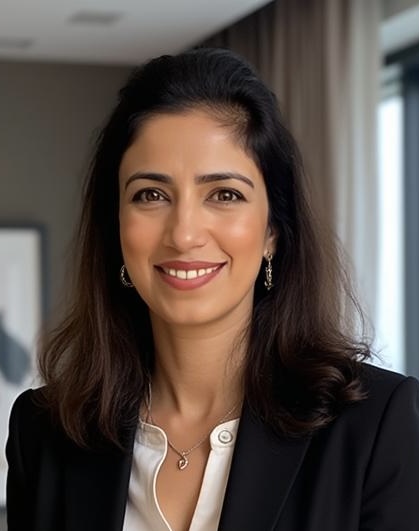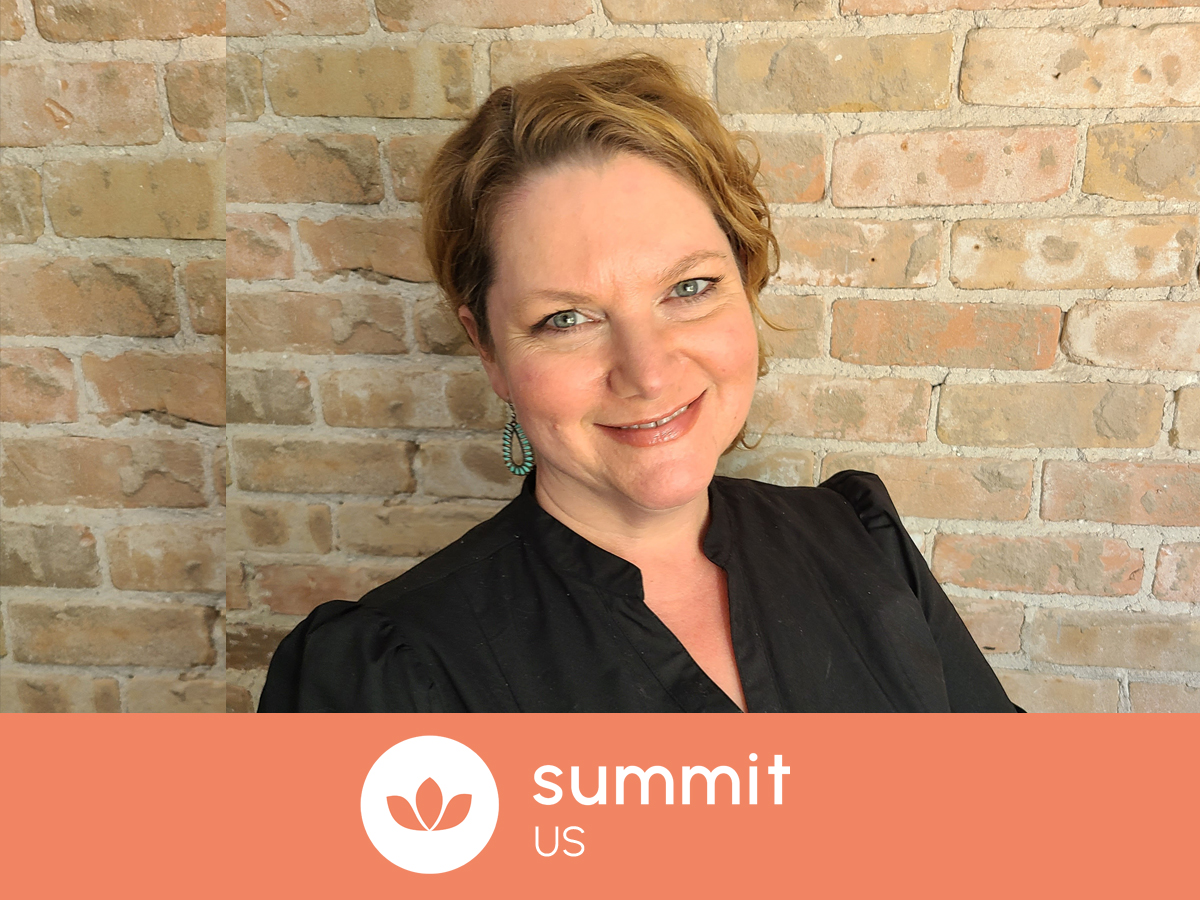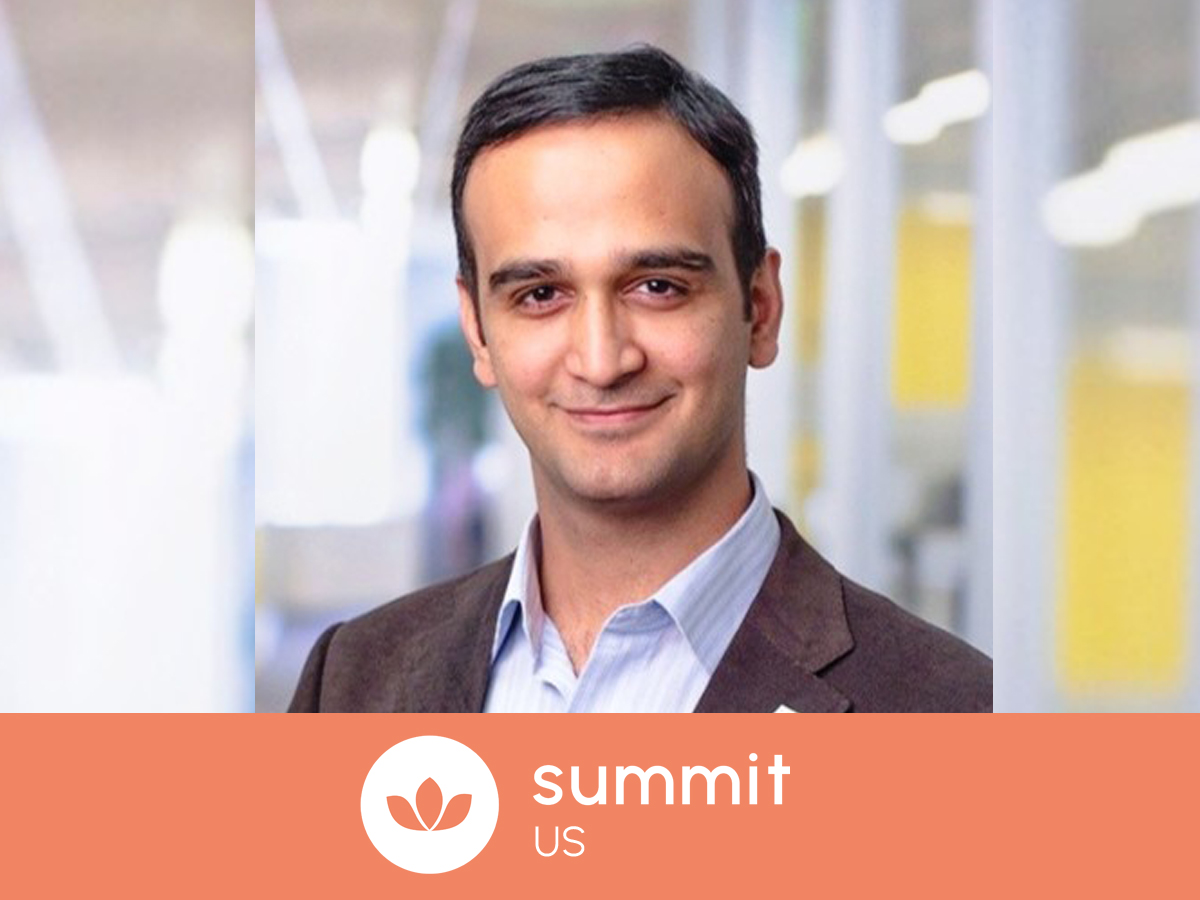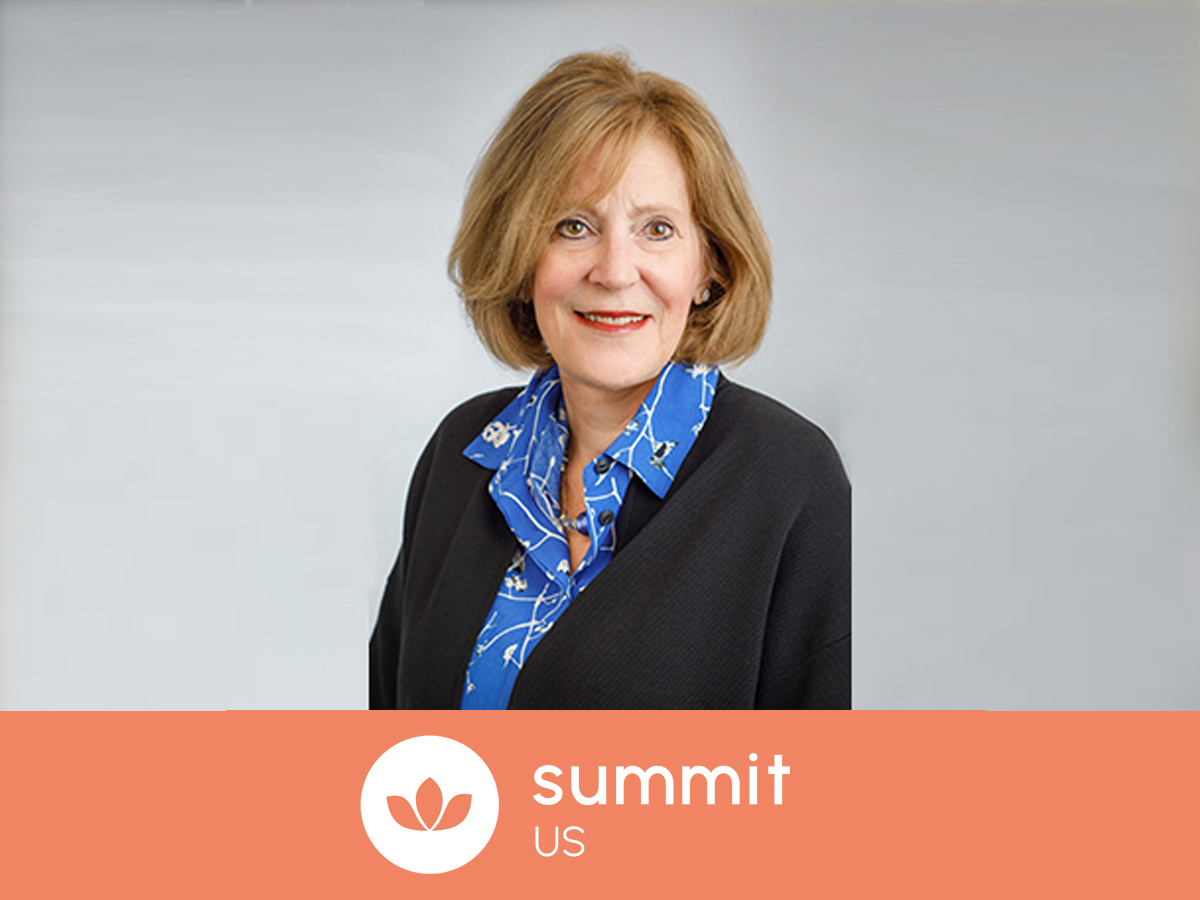
Kaveri Sinhji is a cultural researcher and DEI expert specializing in identity, heritage, and urbanization in India. She is the author of Bangalorean, a localized anthropological work aimed at fostering equal humanization.
A graduate in Communicative English, Psychology, and English Literature, Kaveri furthered her studies in Social Anthropology through Oxford Trinity’s continued education programs. In 2009, she founded Culture Rings, a pioneering organization in cross-cultural adaptation and high-performance team development. Culture Rings has been at the forefront of integrating Diversity & Inclusion into business and academic environments.
We are delighted that Kaveri will be speaking in Stockholm as part of our Nordics summit. We caught up with her to find out how she’s feeling in the runup to the event.
Hi Kaveri, we are thrilled that you will be speaking at the Wellbeing at Work Nordics Summit in May. Our first and most important question is, how are you doing today?
Feeling great—energised and inspired by the conversations happening around wellbeing and leadership. Thanks for asking! How are you doing?
As a leader based in the region, what are the main challenges you are facing when it comes to employee wellbeing and mental health?
Despite a growing body of research showing how wellbeing directly impacts business performance, many organisations still seek generic, one-size-fits-all solutions—especially around mental and physical health. In my work since 2009, I’ve focused on the intersection of culture and wellbeing. Cultural context plays a pivotal role in how individuals experience, express, and manage wellbeing. By recognising the nuances of different cultural backgrounds—and responding to them with sensitivity—we can create more inclusive, resilient, and connected workplaces. When we take the time to understand the people behind the job titles, we build stronger teams and healthier environments.
What strategies have you seen developing over the past 6 months, both internally and externally, that are moving the dial on wellbeing in the workplace?
There’s a clear shift toward data-driven wellbeing strategies. Organisations are investing in digital tools that help assess current wellbeing states and identify gaps—particularly through comparing self-perception with peer perception. This helps uncover blind spots and allows for more targeted, effective interventions. At Culture Rings, we’ve been building methodologies that help clients move from reactive to proactive wellbeing strategies—anchored in insight, not guesswork.
Why is employee wellbeing so important to you personally?
I founded Culture Rings out of a deep belief in human connection. When people from different backgrounds come together, the potential for creativity, innovation, and collaboration multiplies—but only when those individuals feel psychologically safe and supported. Workplaces are a key space for building community, and wellbeing is the foundation. Without it, we see disconnection, burnout, and disengagement. For me, wellbeing isn’t a ‘nice to have’—it’s common sense. It’s what allows people to thrive, and when people thrive, organisations do too.
What impact is AI having in your organisation and how are you managing that?
We’re actively embedding AI into our assessment tools, allowing us to gather deeper insights and trend analysis across industries. AI helps us track shifts in organisational culture, benchmark against peers, and anticipate emerging challenges. It’s a valuable partner in helping our clients build evidence-based strategies that are adaptive and forward-thinking.
Other than AI, are there any challenges that you are seeing for the first time and how are you addressing them?
One of the most pressing challenges is leadership wellbeing. For too long, the energy and mental state of leaders have been overlooked. Today, we have data that clearly links leadership wellbeing to employee engagement, productivity, and overall business performance. This has opened the door for new conversations—and real action. We’re now seeing executive coaching and leadership wellbeing support being prioritised, which is an exciting and long overdue shift.
What areas do you think employers should be focused on over the next 12 months?
Assessment and personalisation. We’ll continue to see a move toward digital diagnostics that help identify what each team or individual needs—and from there, tailored training and support. One-size-fits-all programmes are no longer enough. Customisation, grounded in real data, is where impact happens.
Do you feel that investment in employee wellbeing in the region is increasing or decreasing and is that a direct reflection on HR leaders’ increasing ability to demonstrate effective returns of their strategies to leadership?
Investment is definitely increasing. Leadership teams are becoming more aware of the true cost of burnout—especially at the managerial and executive levels. HR leaders are also getting better at linking wellbeing initiatives to tangible business outcomes. This ability to demonstrate ROI is shifting wellbeing from a “soft” initiative to a strategic imperative.
How has your organisation been leading the way?
Culture Rings has been championing inclusive workplace culture since 2009—long before it became mainstream. Our strength lies in combining rigorous research with immersive, experience-based learning. We don’t just run workshops; we create spaces where people can witness cultural interaction in real time, gaining deep insight into human dynamics. This anthropological approach gives us a unique lens, and helps our clients move from awareness to transformation. We’ve built our reputation by staying ahead of the curve and focusing on what really drives belonging and wellbeing at work.
Kaveri will be speaking in Stockholm at the Wellbeing at Work Summit Nordics which takes place in Stockholm on 20th May and virtually on 21st May. Further details on the Summit and tickets can be found here.



